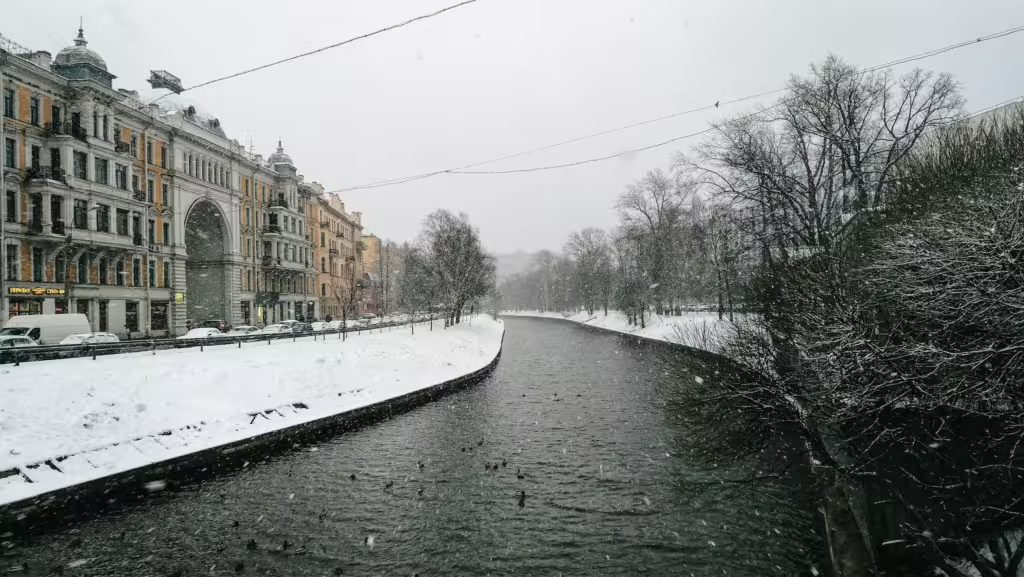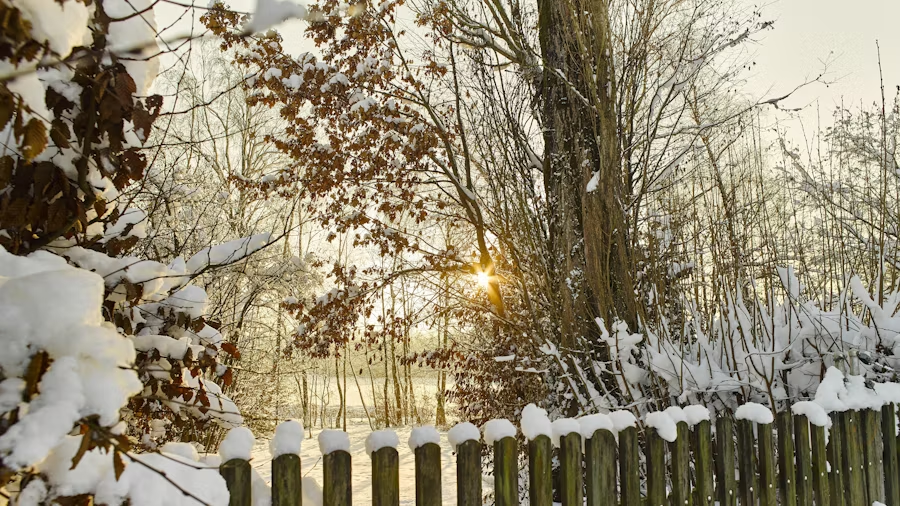“Tropical cyclones, nor’easters, and Arctic outbreaks are a particular interest of mine,” Chris Martz enthuses. But before you say everybody needs a hobby and no one more than him, he’s a weather forecaster who loves his work and shares with us an important insight: “throughout this very mild winter with very little barotropic instability and surges of cold air in the Lower 48, I have found myself bored as of late” even though supposedly climate change was causing extreme weather. And, he warns, “Now that spring is at our doorstep, severe weather season is about to begin. Of course, with any type of extreme [sic] weather that occurs, someone with zero credibility will attempt to link it to man-made climate change.” Indeed. Where are the hurricanes we were promised?
In case you’re thinking there they go again, Martz says “As an aspiring meteorologist myself, I am by no means a denier of man-made climate change. Indeed, I am in solid agreement with almost every scientist that mankind is responsible for at least some of the warming observed globally since around 1950. While I do not think climate change is a serious threat to humanity, I do think it’s a serious issue that needs to be discussed within the scientific community. One of the things I love about science is being able to debate things, do research, and explore the unknown.” But that true scientific spirit is adamantly opposed to making things up, torqueing data and drawing spurious conclusions.
Which has been a big issue with hurricanes and tornadoes for decades. Up until about 2005 when Hurricane Katrina pounded New Orleans we were bombarded with claims that obviously global warming was causing more hurricanes, duh, only oil-company-funded deniers were still denying it. Then there was a 12-year hiatus with precisely zero hurricanes making landfall and they said obviously global warming weakens hurricanes, only yadda yadda yadda. Then Hurricane Harvey hit in 2017 and we were told obviously global warming was… well, you get the idea. But do they?
In fact Martz gives some credit here. A series of lethal tornadoes hit Tennessee on March 3 and, he writes, “Despite the mainstream media’s widespread coverage of the Tennessee tornadoes, most of their pieces didn’t mention climate change being a factor in the severity of the tornado outbreak. I was honestly surprised.” And pleasantly.
Still, one “editor and climate columnist for New York Magazine, David Wallace-Wells” tweeted that “Tornadoes are getting longer and more destructive thanks to climate change, and "tornado alley" has moved 500 miles east in just 30 years” which, Martz says, was nonsense. He says he’s “not aware of any studies that have investigated tornado path lengths in relation to global warming, but I’m going to assume that David is just making things up.”
Really? Journalists do that sort of thing? Alas, on climate they do. As Martz also notes, “the longest path ever carved by a tornado was 218 miles long during an EF-5 tornado associated with the Tri-State Tornado Outbreak of March 18, 1925. That particular tornado was on the ground for 3 hours and 37 minutes. Did global warming play a role in that tornado outbreak? Probably not.” And the study on the movement of “Tornado Alley” did not say climate change was behind it. But Martz cites reliable statistics that we should also be able to call “familiar” but under the circumstances hesitate to do so, that there has been no increase in tornadoes overall in the United States since the mid-1950s, and a decline in severe ones.
What does it all mean? “Those who choose to blame every single weather event, or so it seems, on man-made climate change are not only a roadblock for the progress of our scientific understanding of the issue, they’re just practicing a scientifically meaningless self-fulfilling prophecy.” Sometimes a storm is just a storm.



I write from England where there is substantially less debate on climate change than there is seemingly in our former colonies. This worries me as the notion of man made catastrophic global warning is taken as completely factual and rarely challenged in the media. This led to the absurdity of a BBC weather forecaster openly stating that a heat wave last year was caused directly by carbon emissions.
Too often newspaper articles report on researchers who promote the doomsday theory and these ideas are never tested or the authors credibility examined. As you have shown on many occasions, the British public is being lied to and so I thank you for giving some of us the data and knowledge to fight back against this ignorance and deceit.